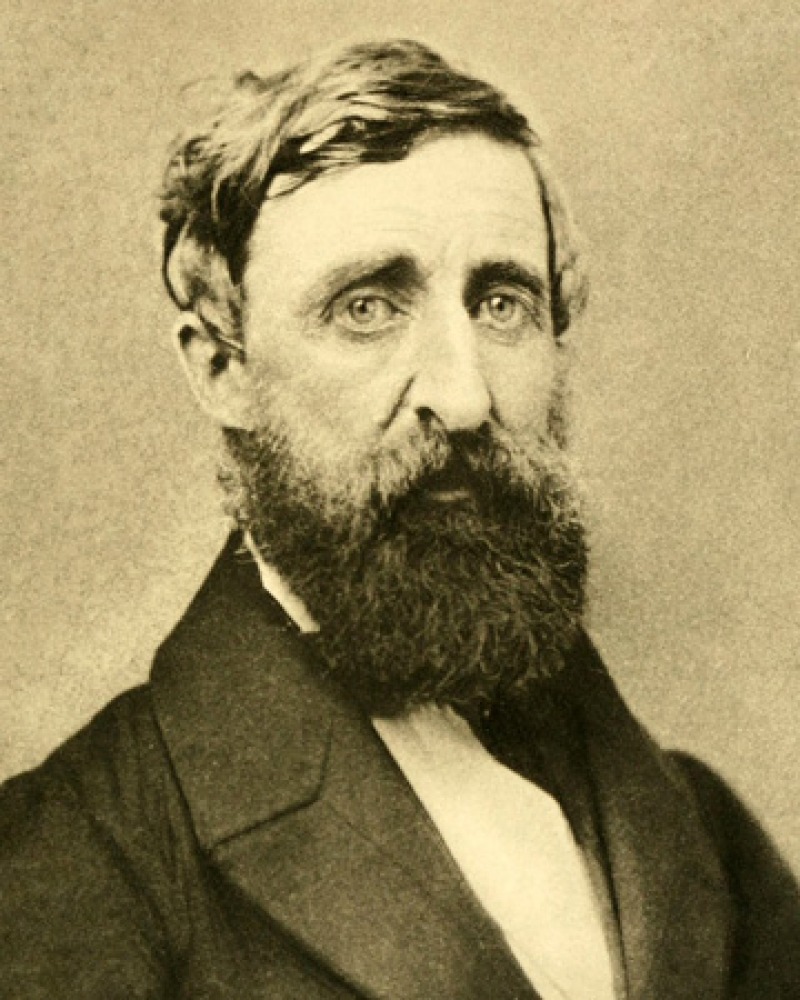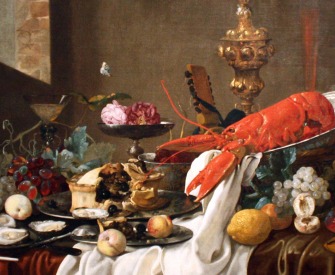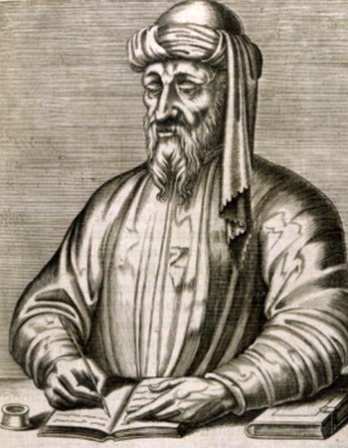
Plutarch
Morals,
c. 100
Morals,
You ask of me for what reason it was that Pythagoras abstained from eating of flesh. I for my part do much admire in what humor, with what soul or reason, the first man with his mouth touched slaughter, and reached to his lips the flesh of a dead animal, and having set before people courses of ghastly corpses and ghosts, could give those parts the names of meat and victuals that but a little before lowed, cried, moved, and saw; how his sight could endure the blood of slaughtered, flayed, and mangled bodies; how his smell could bear their scent; and how the very nastiness happened not to offend the taste, while it chewed the sores of others and participated of the saps and juices of deadly wounds. You ought rather, in my opinion, to have inquired who first began this practice than who of late times left it off.





